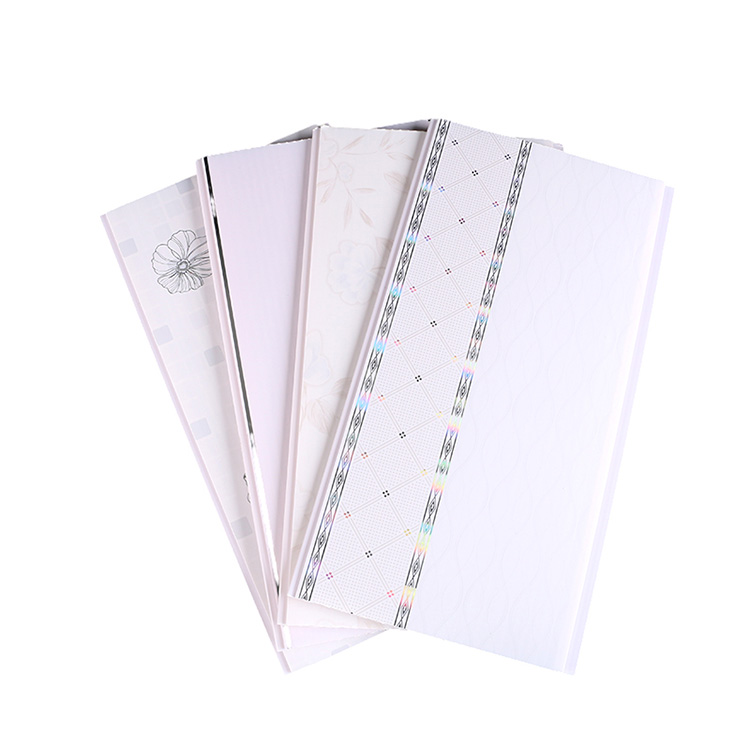PVC Panels vs. Alternative Materials: A Comparison of Scratch, Dent, and Impact Resistance
2024-04-16
When it comes to interior wall and ceiling materials, durability is a key consideration. PVC (Polyvinyl Chloride) panels have gained popularity for their robust construction and resistance to various types of damage, including scratches, dents, and impact. But how do PVC panels stack up against alternative materials in terms of these critical factors? Let's explore the comparison to understand which option offers the best protection against everyday wear and tear.
PVC Panels: Strength and Resilience
PVC panels are engineered to withstand the rigors of daily use, making them an ideal choice for high-traffic areas and environments prone to damage. Here's how PVC panels fare in terms of scratch, dent, and impact resistance:
1. Scratch Resistance: PVC panels feature a smooth and durable surface that resists scratching from everyday objects like furniture, utensils, or cleaning tools. The PVC material is inherently scratch-resistant, helping maintain the panel's appearance over time.
2. Dent Resistance: PVC panels exhibit excellent dent resistance, thanks to their solid construction and flexibility. Unlike materials like drywall or wood, which can dent easily upon impact, PVC panels absorb force without permanent deformation, ensuring a pristine appearance for years to come.
3. Impact Resistance: PVC panels excel in impact resistance, making them suitable for environments where accidental bumps or knocks are common. Whether it's in a commercial space, educational facility, or residential setting, PVC panels can withstand moderate to heavy impacts without sustaining damage or compromising structural integrity.
Comparison with Alternative Materials:
Now, let's compare PVC panels with alternative materials such as wood, drywall, and ceramic tiles in terms of scratch, dent, and impact resistance:
1. Wood: While wood offers natural beauty, it is susceptible to scratching, denting, and impact damage, particularly in high-traffic areas. Wood panels require regular maintenance, including sanding and refinishing, to address surface imperfections and maintain their appearance.
2. Drywall: Drywall is prone to both scratching and denting, especially in areas where it is frequently touched or bumped. Even minor impacts can result in visible damage to drywall, necessitating repairs or patching to restore the surface.
3. Ceramic Tiles: Ceramic tiles are relatively resistant to scratching and denting but may chip or crack upon impact. While tiles offer durability in terms of surface damage, they require grout maintenance and are more prone to damage from heavy impacts compared to PVC panels.
Conclusion:
In conclusion, PVC panels outperform alternative materials such as wood, drywall, and ceramic tiles in terms of scratch, dent, and impact resistance. With their solid construction, flexibility, and inherent resilience, PVC panels offer durable and low-maintenance solutions for interior wall and ceiling applications. Whether in residential, commercial, or industrial settings, PVC panels provide long-lasting protection against everyday wear and tear, ensuring a pristine appearance for years to come. When choosing materials for your next project, consider the unmatched durability and performance of PVC panels for a stylish and resilient interior finish.



